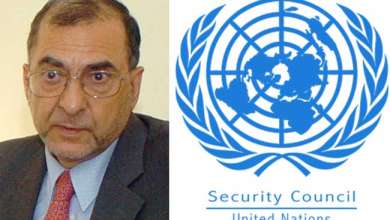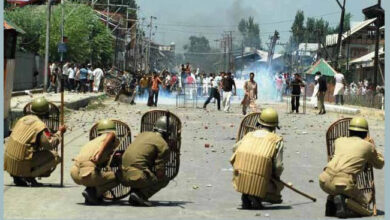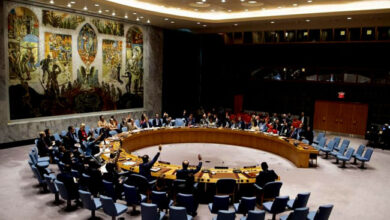Kashmir’s Black Day: The Tragedy of October 27 and Beyond

By Sughand Azam
In 1947, the official end of British colonial rule in the Indian subcontinent marked a historic turning point, leading to the long-awaited fulfillment of the Muslim freedom struggle and resulting in the creation of a new nation named Pakistan. While Muslims across the subcontinent celebrated their freedom and independence, it was short-lived for the Muslims of the Kashmir valley. In October of that year, Indian troops arrived in the Kashmir region, despite it being a Muslim-majority princely state and without any legal basis. This marked the beginning of one of the longest conflicts in the world, accompanied by numerous human rights violations, extra-judicial killings, massive detentions, unjustified arrests, decades of torture and abuse, settler colonialism in the region, and a severe sabotage of the religious and cultural rights of Muslims.
The decades that followed witnessed various developments and changes in the conflict. The Kashmir issue, often projected as a bilateral Indo-Pak conflict by India, is, in fact, an international issue. It has not only led to three wars between the two states but has also resulted in hundreds of thousands of stories of grave human rights violations.
The events of October 27, 1947, in Jammu and Kashmir continue to be a source of profound concern and a significant humanitarian issue that should engage the world’s attention and empathy. On that day, India illegally took control of the region, an act that has been criticized for its perceived lack of moral and constitutional justification. This is not just a historical event but a persistent issue with lasting repercussions, notably for the Kashmiri people.
Kashmir observes October 27th as a black day, symbolizing the injustice and suffering inflicted upon its people. The conflict has not only resulted in the loss of countless lives but also underscores a broader international dilemma. The world, which often champions human rights and peace, has yet to address the ongoing turmoil in this region. India’s deployment of troops and its reluctance to demilitarize Kashmir paint a distressing picture of unchecked power and a lack of accountability.
The heart of this issue lies in the claim that the change in control was imposed by force, demanding a thorough examination of its historical and moral justifications. The enduring impact of this protracted conflict has been nothing short of devastating. Families have been torn apart, and the lives of Kashmiris disrupted, leaving their future in perpetual uncertainty. The 1947 partition, intended to bring independence, has instead left behind a legacy of suffering, tension, and unresolved grievances.
The list of atrocities includes extrajudicial killings of innocent civilians, unjustified detentions of those who dare to speak out against the treatment by Indian soldiers, the use of pellet guns and heavy weaponry resulting in lifetime disabilities and death, unspeakable torture including rape and enforced disappearance, untreated mental and physical health issues due to the unlawful occupation, marginalization of the Muslim community, discrimination in schools and workplaces, unequal distribution of resources and opportunities, intolerance shown through the demolition of religious artifacts and places, and prolonged internet shutdowns and communication blackouts lasting weeks or even months. These have only intensified after the unlawful revocation and abrogation of the special status of Kashmir by the Indian government in 2019.
The events following the August 5th abrogation of Articles 370 and 35A of the constitution have not only intensified human rights violations in Indian-occupied Kashmir but have served the greater agenda of settler colonialism by the Indian government. The new laws related to land and domicile enable non-Kashmiris to claim and buy land in the region, revealing the true motive behind the abrogation act. Under the guise of tourism and development, occupiers seek to change the region’s demography from a Muslim-majority state to an Indian-Hindu majority. This move not only goes against international law but also previous United Nations resolutions regarding the special status of Indian-occupied Kashmir and the proposed plebiscite, which never took place.
Seventy-six summers later, Kashmir still suffers under an extremist occupation and the tyrannical rule of Indian authorities. The vulnerable, especially Muslims, continue to bear the brunt of this long-standing conflict on the UN agenda. They still face killings, detentions, injuries, kidnappings, and mistreatment at the hands of Indian soldiers who arrived in the region in 1947. However, hope remains, and the people of Kashmir look to the international community for humanitarian assistance. They continue to fight for their freedom and their right to self-determination. It is crucial for the rest of the world to pay attention to the reality of what is happening in Kashmir and implement effective strategies and methods to support the Kashmiri cause on an international, holistic level.
The writer is a student of Peace & Conflict Studies at National Defense University, Islamabad and is currently serving as an intern at Kashmir Institute of International Relations.





